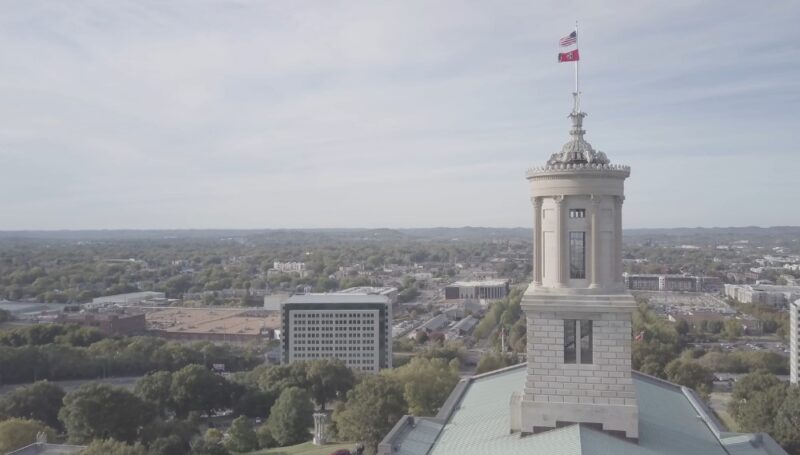Tennessee legislators on Thursday approved a state budget that earmarks $144 million for a potential statewide school voucher program, aligning with Republican efforts that are still in negotiation.
The allocation sets the stage should the GOP-led House and Senate reconcile their differing visions for the voucher initiative, potentially affecting up to 20,000 students through the Education Freedom Scholarship Act—a key priority for Republican Governor Bill Lee.

As the 2024 legislative session nears its conclusion this week, the budget’s approval narrows the path for legislators to broker a compromise on the House’s broader and costlier voucher proposal.
In an effort to sway rural lawmakers wary of diverting funds from local schools to private vouchers, the House version proposes additional incentives. These include a $75 per student boost for public school infrastructure and an increase from 45% to 60% in the state’s share of teachers’ health insurance premiums, among other benefits aimed at bolstering public school support.
However, the competing voucher bills have stalled in finance committees for four consecutive weeks, casting doubt on their passage.
Despite some declaring the bill dead, Lt. Gov. Randy McNally emphasized that “it’s still alive” until the session officially ends. He noted that the Senate is ready to pass its version of the bill, which mandates academic testing for voucher recipients and supports open enrollment across public schools, spearheaded by Majority Leader Jack Johnson.

House Speaker Cameron Sexton acknowledged the division within his chamber but committed to ongoing negotiations, underlining that “it’s an administration bill.”
Democrats remain uniformly opposed to both versions of the bill, remaining on guard as the session enters its critical final week.
“I’ve seen legislation pass at 2 in the morning that we thought was dead for the year,”
commented Senate Minority Leader Raumesh Akbari, signaling the unpredictability of legislative outcomes.
Amid fiscal challenges, including decreased state revenues and the drying up of federal COVID relief funds, the nearly $53 billion budget was passed along mostly partisan lines. It includes a significant boost of $261 million for K-12 education, with nearly half directed towards raising teacher minimum salaries from $42,000 to $44,500, progressing towards a target of $50,000 by fiscal year 2026-27. Also, child care centers in the country will gain a significant financial boost too.

Efforts by Nashville Democrats to amend the budget, such as doubling pre-kindergarten seats by reallocating voucher funds, were decisively defeated. Other proposed changes included canceling funding for public charter school facility payments and dissolving the Tennessee Public Charter School Commission in favor of direct education funding. These too were turned down.
The budget also faced criticism for up to $1.95 billion in business tax breaks and refunds, with scant relief for working families or new investments for economically disadvantaged Tennesseans. Rep. Justin Pearson, a Memphis Democrat, voiced concerns over the moral and financial deficits perpetuated by the state’s policies.
Addressing speculation about the future of the $144 million reserved for vouchers, House Finance Committee Chairperson Patsy Hazlewood clarified that unspent funds remain budgeted and cannot be reallocated or spent via executive order by the governor without legislative approval.
Tennessee has previously implemented smaller voucher programs, including one for students with disabilities initiated in 2017, and a targeted pilot for low-income students in Davidson and Shelby counties introduced in fall 2022, now also including Hamilton County with 2,095 students enrolled.

